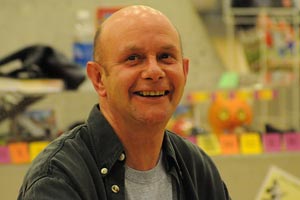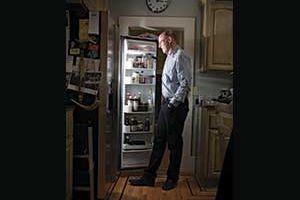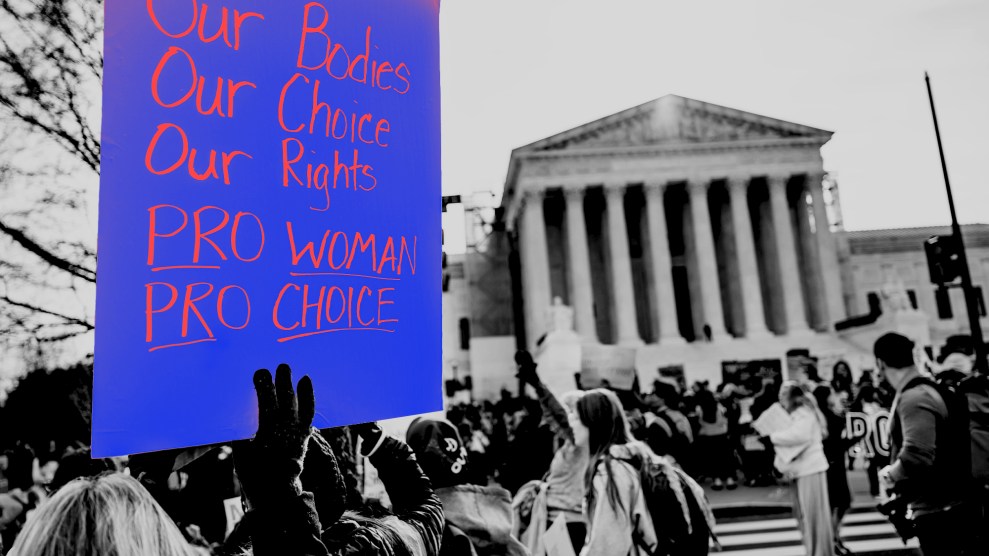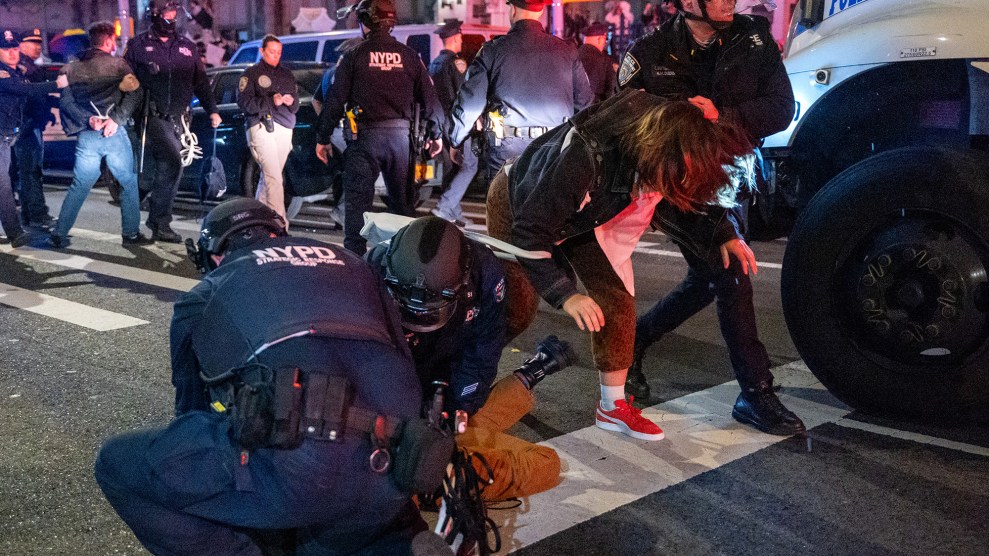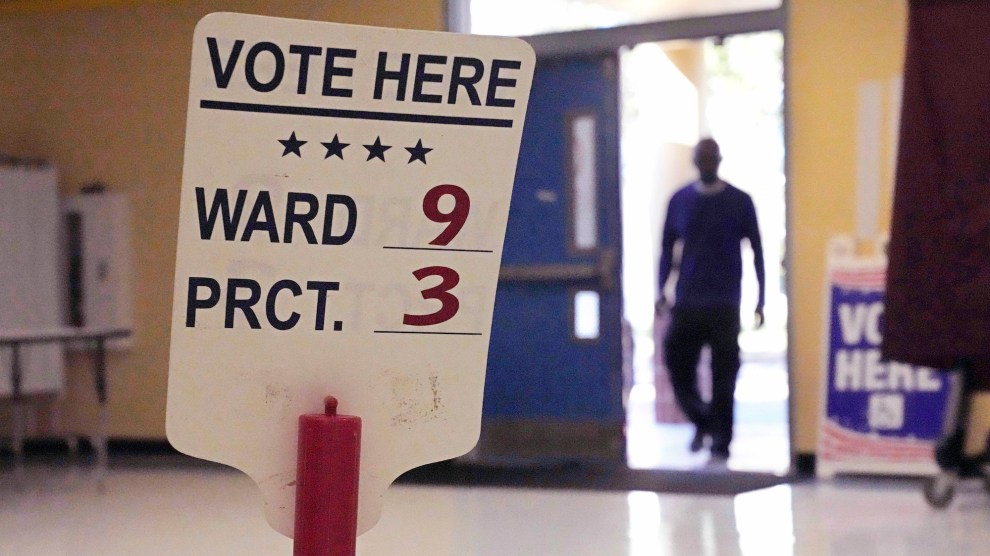
Joi Ito
For a special section in our May/June issue, we asked some of our favorite writers about their favorite nonfiction books. Here are journalist and science-fiction author Cory Doctorow’s answers:
Mother Jones: Which nonfiction book do you foist on all of your friends and relatives? Why?
Cory Doctorow: Twelve Hours’ Sleep By Twelve Weeks Old. JC Herz recommended this to me when my daughter was born, and it’s the best new-baby book I’ve read. Took two hours to read (why the hell are so many books for new parents 3,000 pages long?), didn’t involve doing anything crazy or heartbreaking, and had our daughter sleeping through the night. By about the 12-week mark. There are other important nonfiction books—James Boyle’s The Public Domain springs to mind, as does [Naomi] Klein’s The Shock Doctrine. But no book has made a bigger difference in my life than the one that let me (and my daughter and wife) get a whole night’s sleep again.
MJ: Which nonfiction book have you reread the most times? What’s so good about it?
CD: I don’t tend to reread nonfiction, sorry.
MJ: Is there a nonfiction book that someone recommended to you when you were a kid that has left a lasting impression? Who recommended it, and why was it so special?
CD: Someone gave me a copy of [Abbie] Hoffman’s Steal This Book for my bar mitzvah, and I must have read it a thousand times. I think STB prefigured much of what I love about the net—it’s a collection of how-tos and recipes, a combination of forbidden knowledge and comunity wisdom, and it’s written in an engaging, informal style that has so much screw-you in it that it absolutely delighted the 13-year-old me.
Today, I think the need for books of facts like STB has diminished, thanks to the net, which has all the forbidden knowledge you’ll ever need, if you know which search terms to plug into Google. That’s why my last YA novel, Little Brother, is all about illustrating situations in
ways that arm kids with keywords they can search the net for, rather than taking the form of a bunch of recipes in STB style.
MJ: Your subversive techno-thriller Little Brother sticks a fictionalized 17-year-old into a post-9/11 world in which there exists a frightening system of PATRIOT Act surveillance. What part will technology play in shaping (or hindering) nonfiction books?
CD: I think that’s too broad a question. Nonfiction—like all media—is benefitting from technology’s improved efficiency at production, distribution and marketing, meaning that books aimed at smaller audiences can still be published and find their audiences.
